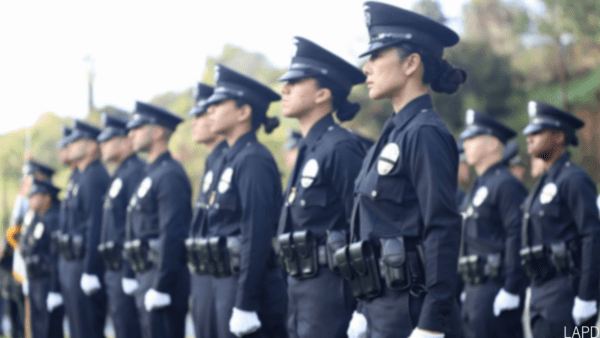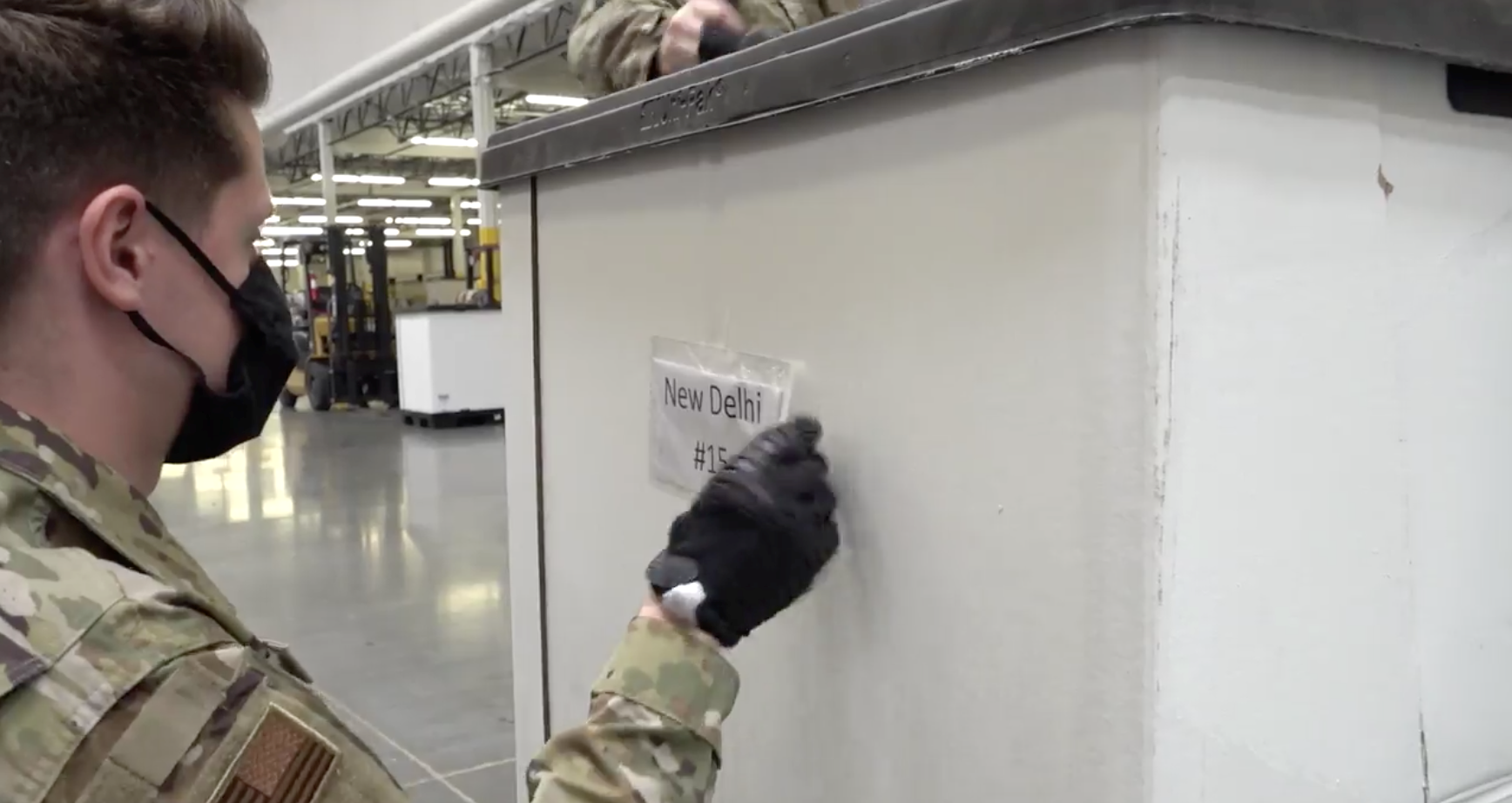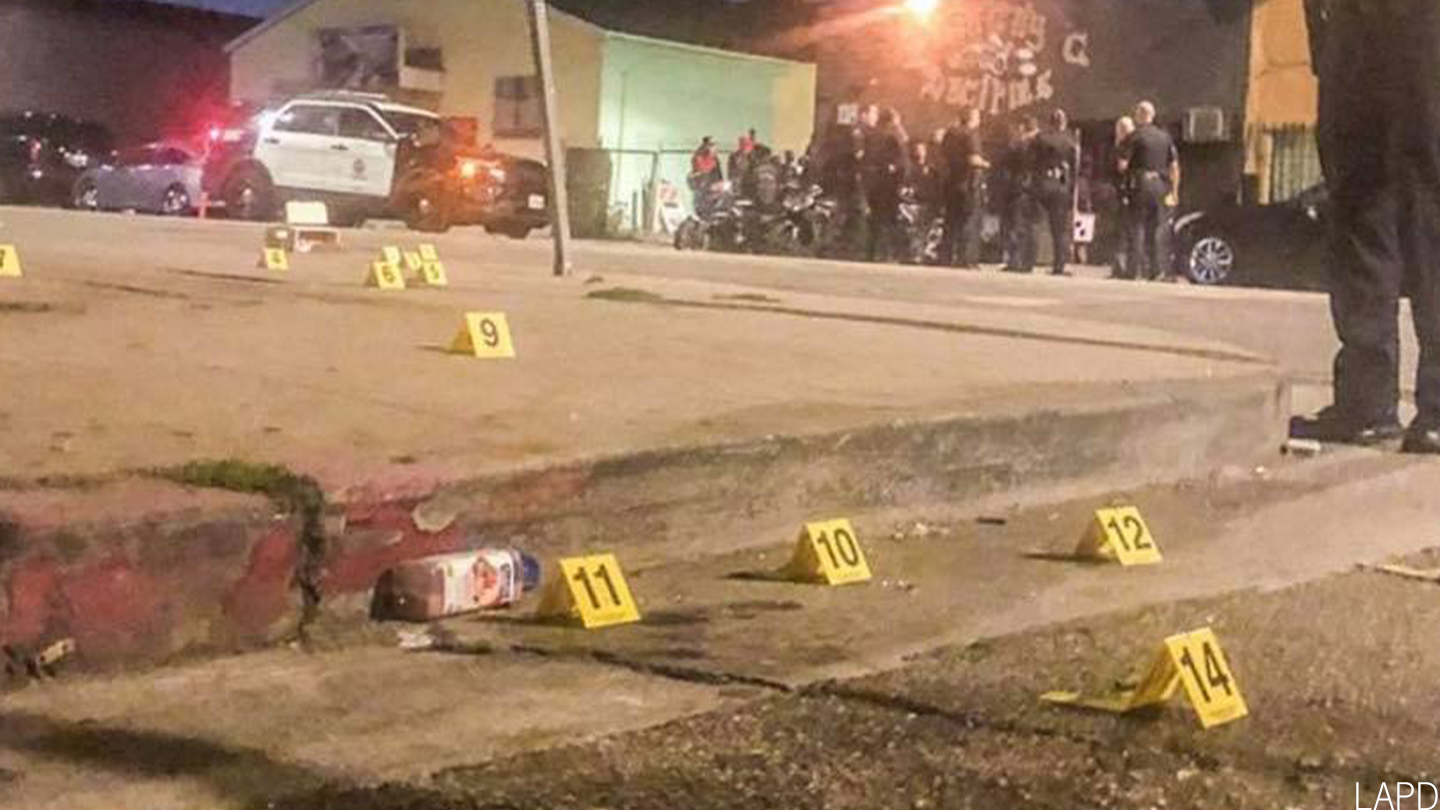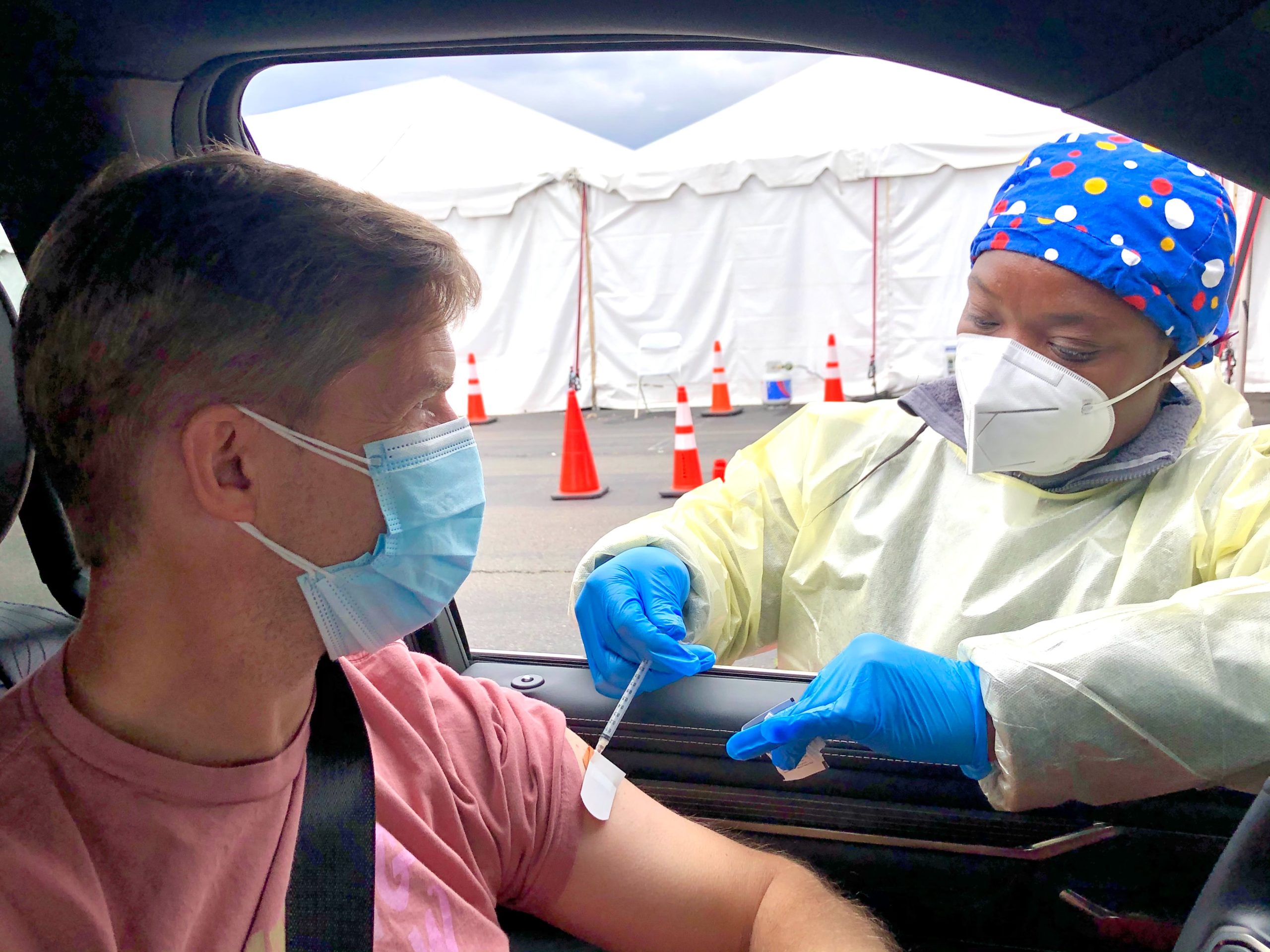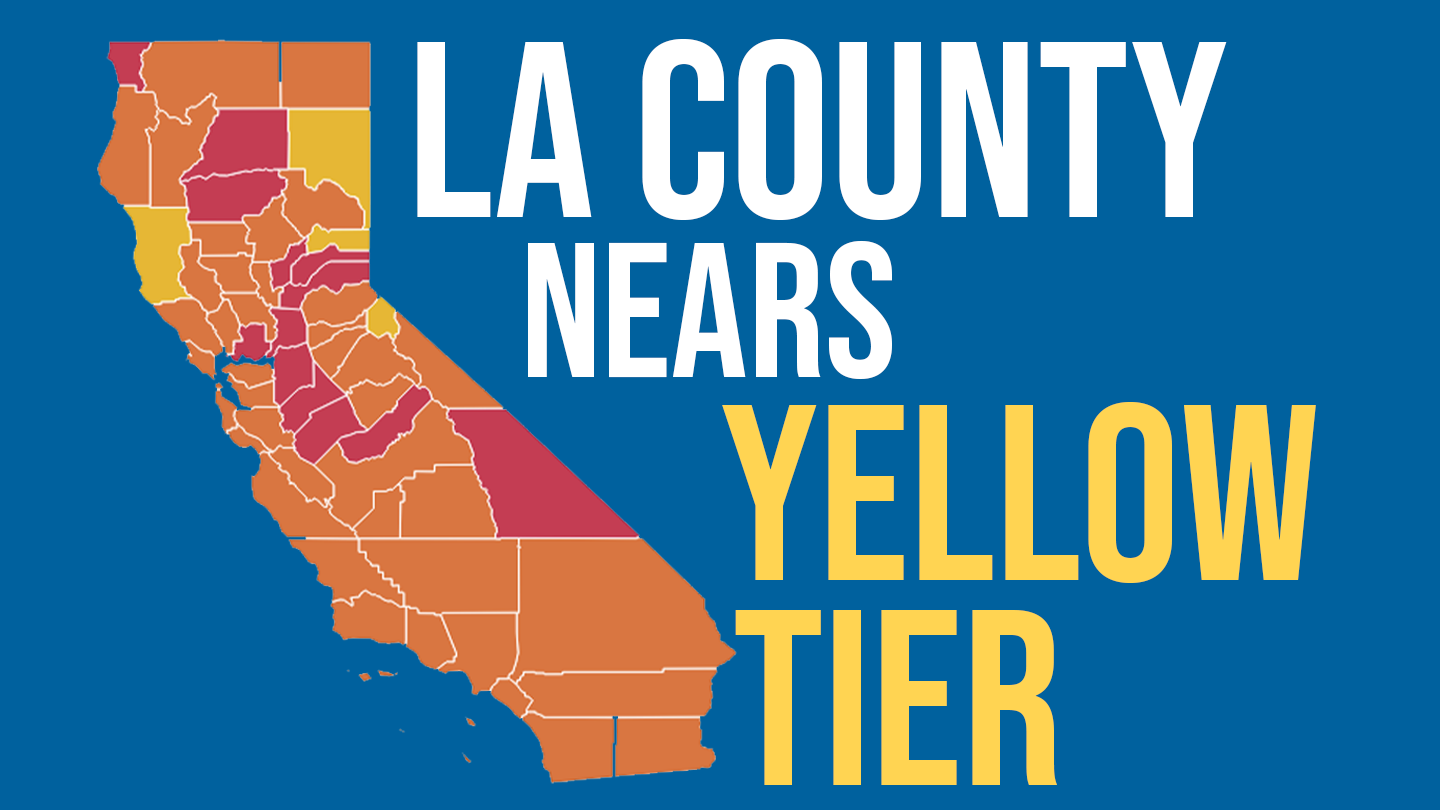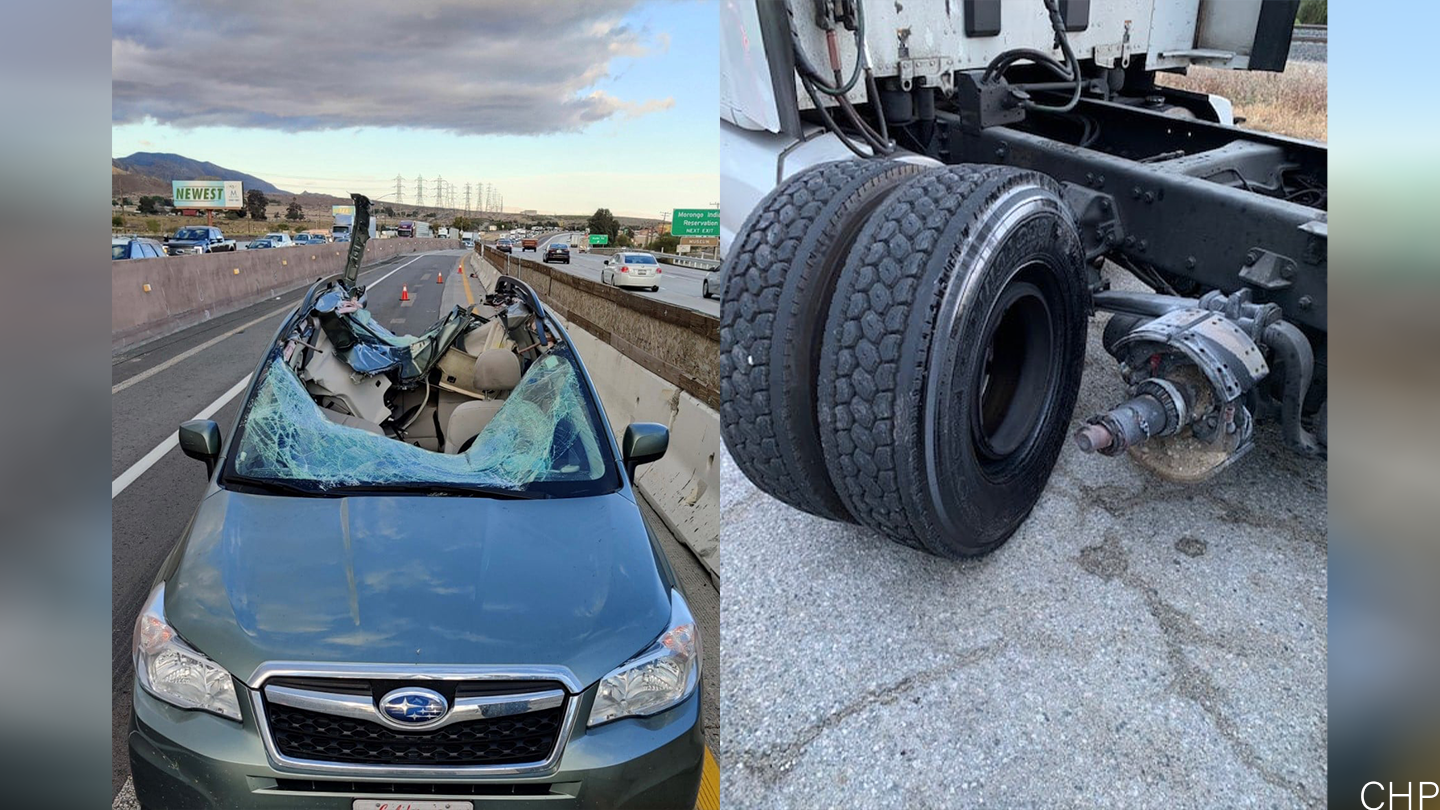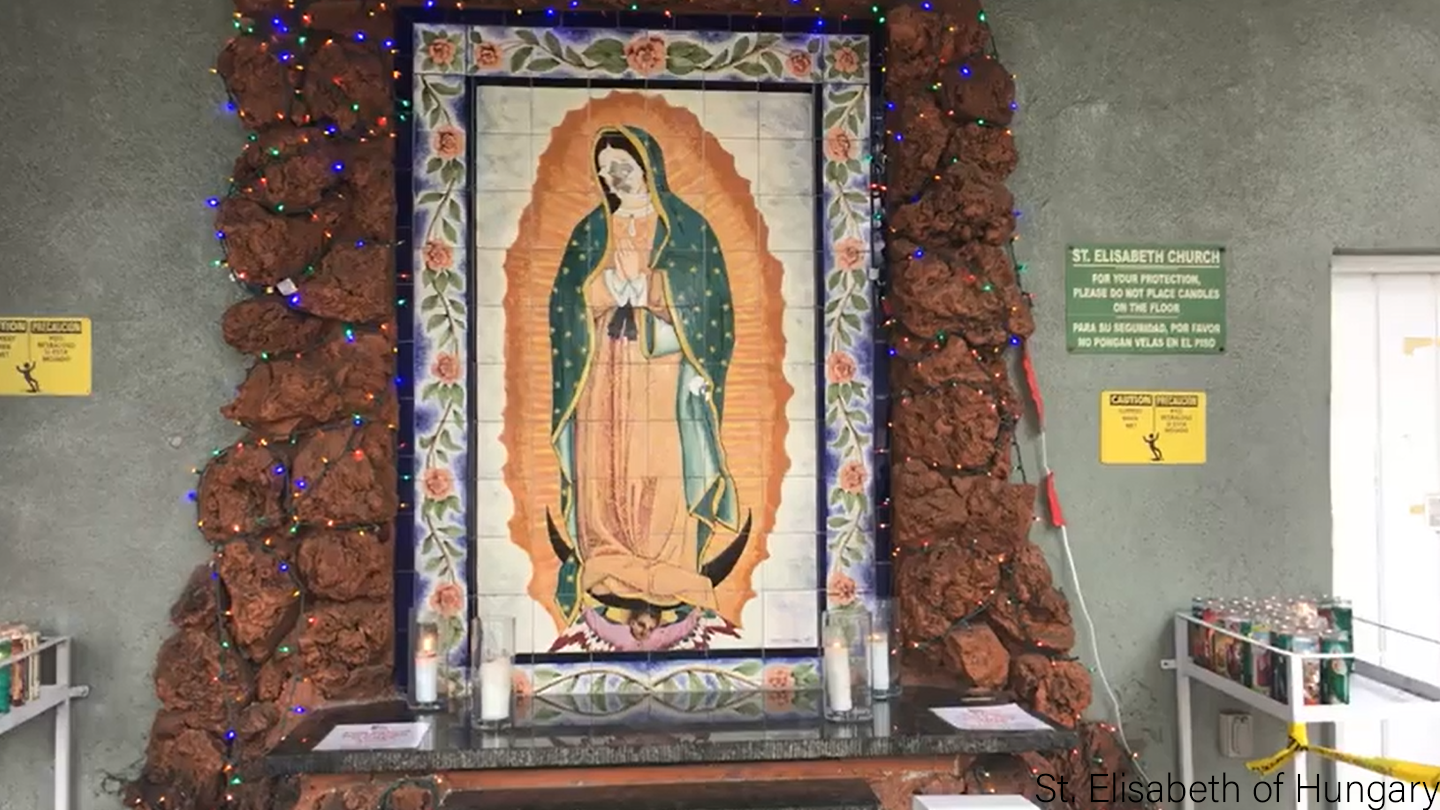Proposed LAPD recommendations include purchasing technology to analyze social media profiles to be used as intelligence
The Los Angeles Police Department (LAPD) today will present the police commission its estimated $66 million plan to incorporate recommendations from three reports that found the department mishandled aspects of its response to last year’s May and June protests against racism and police brutality.
The department’s proposed recommendations include purchasing technology to analyze social media profiles to be used as intelligence and encrypted radios for officers to communicate privately.
The recommendations were met with opposition from the Stop LAPD Spying Coalition, which opposes the department gathering intelligence on protesters and the public.
“We’re circling back to exactly what people have been fighting and speaking out against, so it really is extremely an insult to the millions of people who were marching on the streets,” the coalition’s campaign coordinator Hamid Khan told City News Service.
“We completely reject that and we absolutely demand that the police commission also reject that as well,” he said.
The LAPD After-Action Report Implementation Plan incorporates 106 recommendations from three reports, which were commissioned by the police commission and the Los Angeles City Council following mass demonstrations sparked by the May 25 killing of George Floyd in Minneapolis. The reports were released in March and April and found common themes of lack of preparedness, training and unity of command.
The department’s plan combines the 106 recommendations into 66 projects divided by a three-tier priority system with a timeline of 90-, 180- and 360-day implementations. According to LAPD Chief Michel Moore, a preliminary assessment of “full implementation” of the plan found that it would cost about $66 million and require an additional 49 sworn employees. The projects would be sent to “eight entities” within the LAPD for completion, Moore said in a letter to commissioners.
Two projects were already implemented, Moore said. One gave eye equipment to protect officers from people who allegedly point lasers into LAPD personnel’s eyes and the other established a Department Operations Center to manage large-scale and complex situations.
Twenty-eight projects have the most immediate operational needs, according to the department, and would be implemented in 90 days with a deadline of July 26. Those projects include having the department invest in encrypted radios “or another form of private communication” for officers to use and having the L.A. City Attorney’s Office consider toughening the department’s Dispersal Code so that protesters can be re-dispersed and be found in violation of the California State Penal Code if the same group reconvenes in another area within a specific time frame.
Other top priorities include:
- upgrading training, including through a two-year training plan in alignment with California training cycles and incorporating training for command staff on personnel and equipment needed for crowd management, unlawful assembly declarations and mass arrests;
- assigning detectives as arresting and investigating officers during dispersal orders at protests and using body-worn cameras to document crowd behavior and detention at field jails;
- pre-identifying and maintaining an annual list of field jails, developing a transportation plan in advance of conducting mass arrests and having each field jail staffed by a Custody Services Division representative in advance of potential mass arrests;
- using the following priorities as the basis for command and control management of an incident and personnel: “life safety, incident stabilization, evidence/property preservation, continuity of operations, economy of force and the overall wellbeing of the community/feedback.”
- providing officers and supervisors with “a clear and concise commander’s intent” at the beginning of any large incident or event;
- distributing a video with the commander’s intent to all personnel and establishing a unity of command to prevent conflicting missions;
- having the department and the city use social media to push information to the public to disseminate information in response to “rumors, misinformation and false accusations;”
- providing plain clothes officers with smartphones for them to send photos and give briefings to the rest of the department regarding incidents within the protest crowds; and
- establishing a Strategic Emergency Bureau with a deputy chief or civilian equivalent who has expertise in public order policing, incident command systems and liaising with other agencies.
An additional 28 projects involve equipment, planning and policy and would be implemented in 180 days with a deadline of Oct. 25.
Specific initiatives include engaging members of the community, including people likely to participate in protests, in the department’s preparation and training process. The department would also consider developing a special unit to have contact with activists and demonstrators before, during and after protests during this phase.
The second phase would also include purchasing technology to analyze “open-source internet and social media content to provide field operations with vetted and useable intelligence.”
Other recommendations include the development of policies related to working with the National Guard, such as having the city weighing the risks and benefits of requesting National Guard troops quicker during future protests. The department would also consider creating a command level officer position to serve as a liaison to coordinate the National Guard and the department’s response.
Other projects during the second priority phase include:
- updating the department’s directives on when to use “less lethal” weapons, such as the 37mm and 40 mm launcher, in crowds and update the approval level required for personnel who deploy each tool;
- creating an inventory system to track the amount of “less lethal” munitions used during protests;
- examining the use of the 40 mm launcher, including performance, consistent velocity, potential for ricochets and more;
- establishing protocols so only trained members of the Metropolitan Division or officers with similar training can use the 40mm launcher.
- focusing on employee wellness, including through support teams that assist personnel and their families with trauma and physical and mental health and possibly through psychologists that conduct defusing and debriefings during extended crowd management periods;
- periodically reviewing the number of buses and vans that are available for the department to transport arrestees;
- staffing a public information officer in the incident command system during major events and having this person coordinate periodic updates for the media and public, including meeting with media in the field when able;
Eight projects, which would be implemented over the course of a year and be due on April 22, 2022, include:
- establishing “a more robust” first aid and EMT program within the department;
- updating the Emergency Operations Guide to emphasize the guide on field jails, to include when to establish a department area command structure and more;
The Board of Police Commissioners may take action to approve the report on May 11. The public can submit comments on the report through May 3 at 5 p.m. To submit public comments, people can email afteractionrecommendationcomments@lapd.online.

